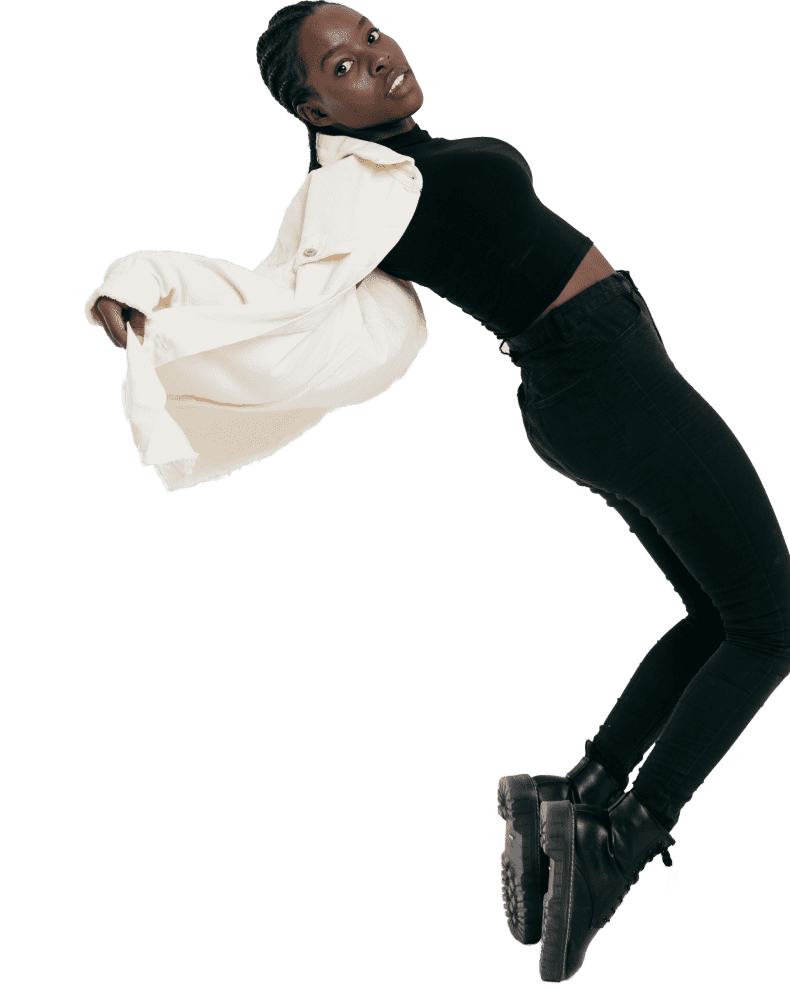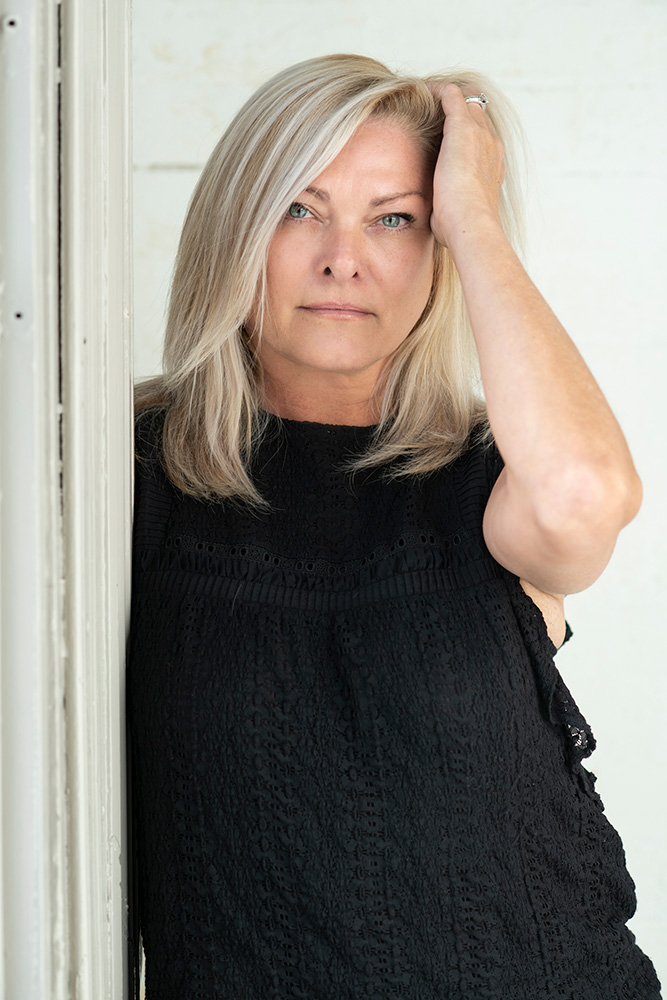Complete Guide to
Complete Guide to Auditioning
Working as an actor is all about getting the part — Learn how to do just that in this complete guide to auditioning.

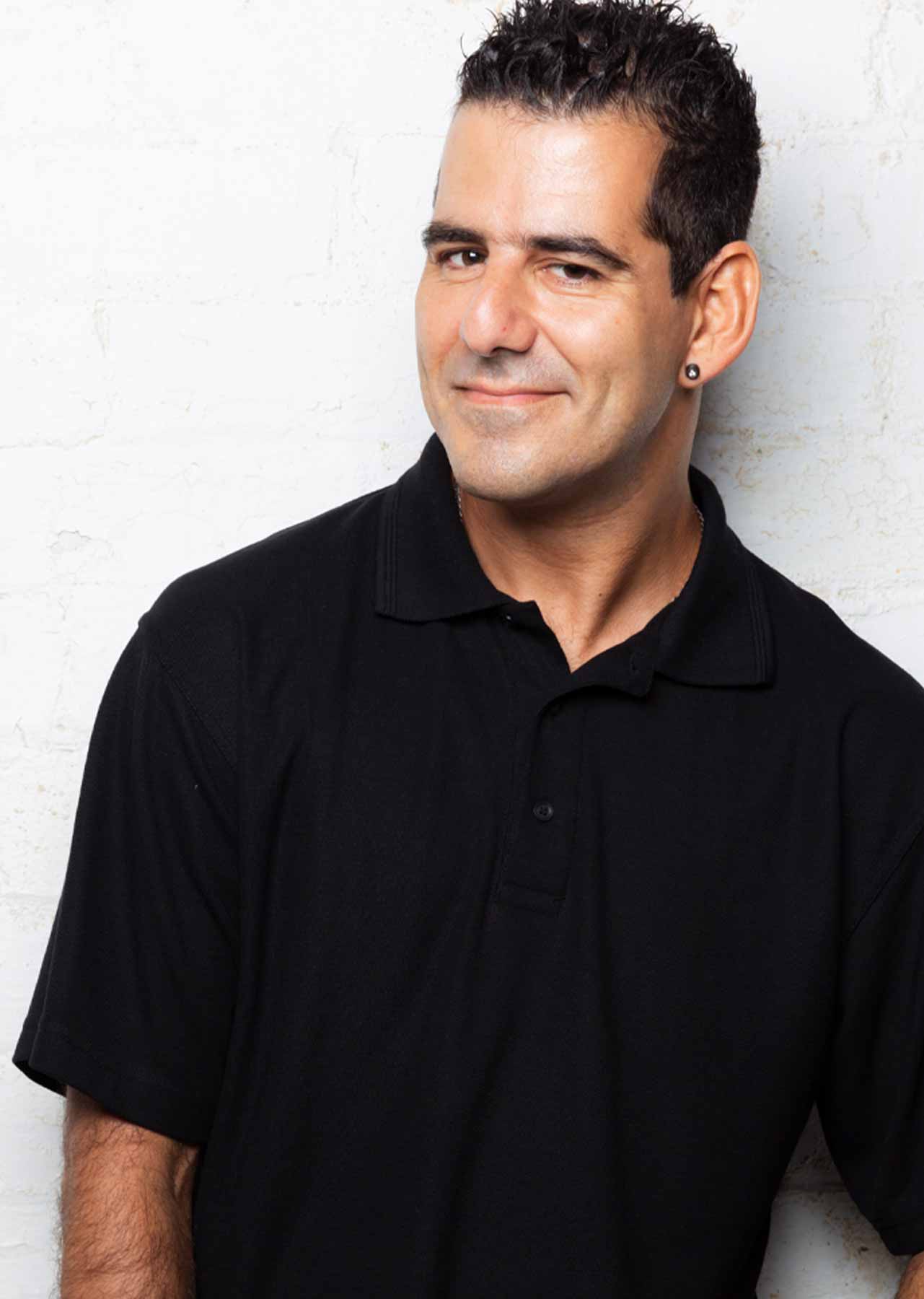
Anyone who has spent any time in the acting business will know that auditioning is pretty much everything. It’s how a casting director separates those with potential from those who are not quite there yet. But most importantly, it’s how actors land roles and let’s face it, it’s those paid roles that pay the bills, right? Like we said, auditioning is pretty much everything when it comes to successful management of your acting career.
So with something that is so very important in your career, it kinda makes sense to spend a bit of time improving your skills in that area. Unfortunately though, this is where some actors stumble in their fledgling careers. They spend a lot of time improving their acting skills (which is awesome) but fail to realise that understanding the auditioning process in its entirety will improve their chances of success tenfold.
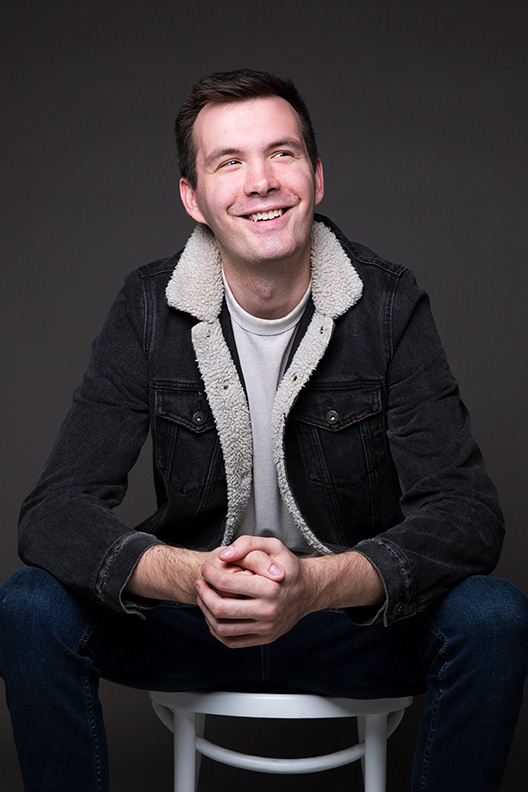
What is an audition?
Everyone probably knows the answer to this but this is a complete guide so we’re going to explain everything and that includes the basics!
An acting audition is an interview-style meeting in which an actor presents their skills and abilities to a casting director or other person in charge of casting for a specific project or production. The audition typically involves the actor performing a scene or monologue from the script, a monologue of their own, or improvising a scene based on the director’s instructions. The purpose of the audition is to give the casting director an idea of the actor’s abilities and how they might fit into the project. As explained earlier, acting auditions are a crucial part of the casting process, and actors often have to audition multiple times before they are cast in a role. This is particularly true for lead roles or any speaking role with more than a few lines.
What is a booking ratio?
An actor’s booking ratio is a measure of how successful they are at getting acting jobs or to put it in simple terms, it’s how often they ace that audition.
It’s calculated by dividing the number of jobs an actor has booked by the number of auditions they have attended. Sounds pretty straightforward and that’s because it is. For example, if an actor has attended 10 auditions and has been successful in booking 3 of them, their booking ratio would be 0.3, or 30%. A high booking ratio is generally seen as a sign of success in the acting industry and suggests that an actor knows how to impress at an audition.
Generally speaking, an agency will hope that an actor will book 1 role from every 15-25 auditions they attend. It doesn’t sound like much, but when you take into account that for every single audition an actor may be up against scores of other actors and it’s not such a bad ratio after all.
Are auditions easy?
Even if you’re completely new to the acting scene and have yet to perform anything more taxing than a primary school play, you probably have an inkling as to how we’re going to answer this one.
The answer is, of course, absolutely not.
Auditioning is one of the hardest aspects of acting. It’s time consuming, extremely stressful, and for the most part is simply a rinse and repeat cycle. And that’s possibly what makes it so very difficult to master. The fact that you are constantly being told that you haven’t quite got that something that the casting director needs for a production can really drag you down. But it’s worth remembering that everyone faces this kind of rejection throughout their careers no matter how talented or successful they are. Did you know that both Tom Holland and Michael B Jordan auditioned for the role of Finn in Star Wars. Instead the casting director went with a relatively unknown John Boyega.
So yep, auditions are tough. Accept this from the start and you’re on the right track to success.
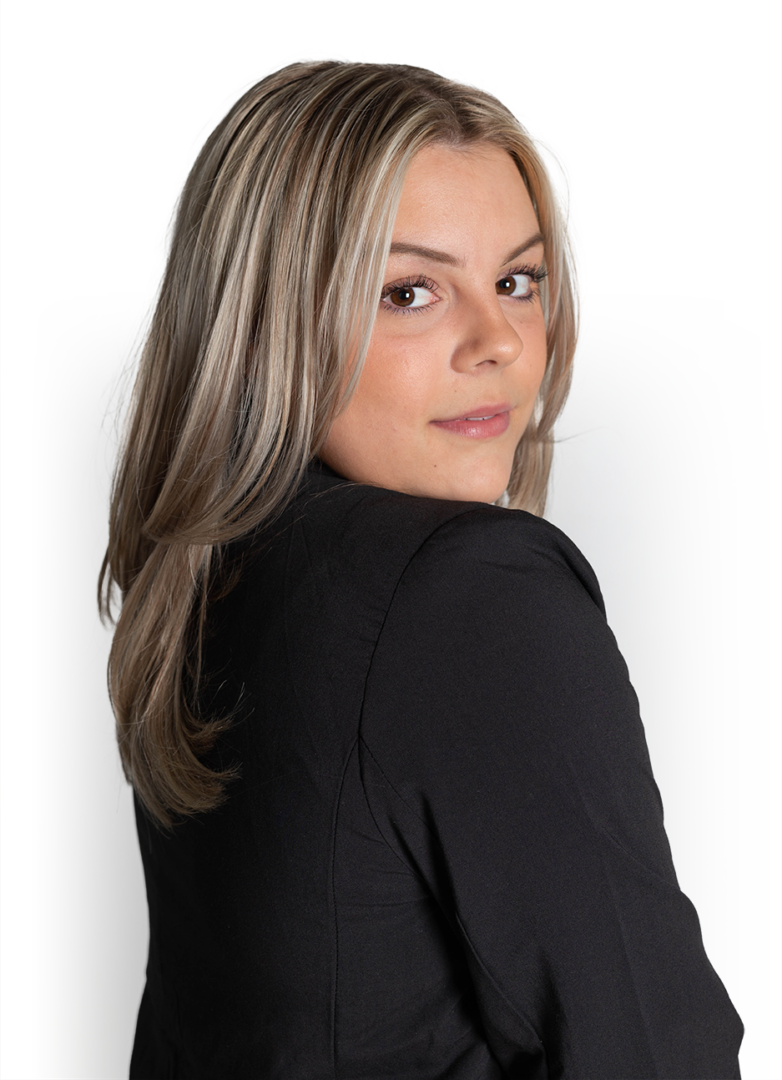
What skills do actors need to ace an audition?
Okay, so you’re probably thinking that acting is the only skill you’ll need to impress at an audition, but your acting skills are only part of the whole package. Below, we’ve listed everything you need to have in your locker before you can realistically hope to land that role.
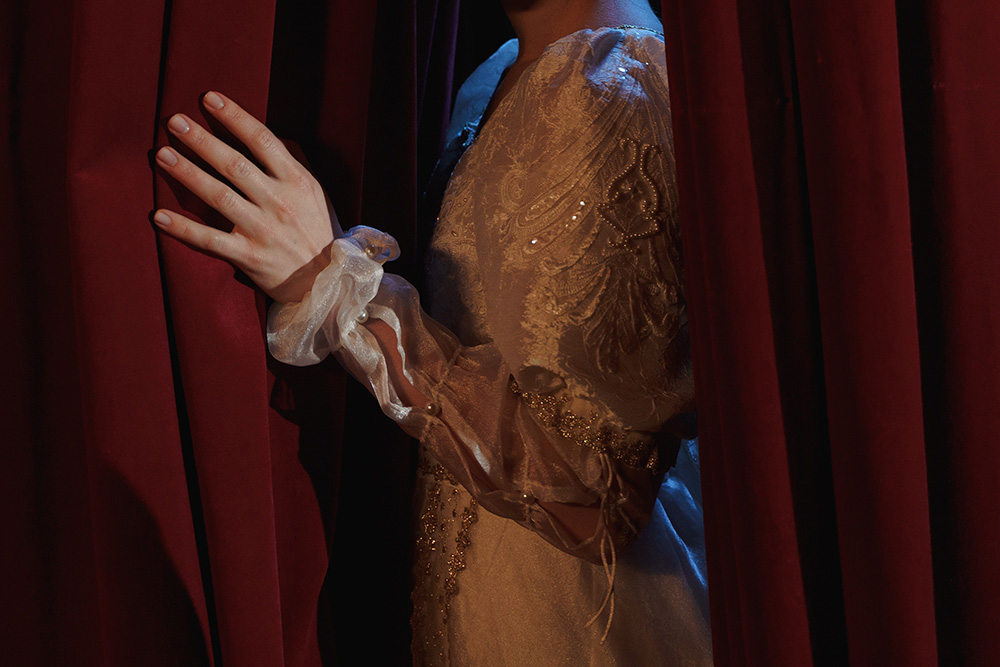
Acting ability
Yes, let’s start out with the simple one — acting is the core skill that all actors need to have. To put it simply, this involves being able to portray a character convincingly, using body language, facial expressions, and vocal skills to bring the character to life.
Confidence
You might not feel it, but actors need to be confident in their abilities and be able to project confidence when they are auditioning. Not only can this help you to put your best foot forward and give a strong performance but it creates a good impression in the casting director’s mind. Of course, you don’t want to come off as cocky or overconfident, but if you show a certain level of confidence in your own abilities, the casting director will know that you won’t need to have your hand held throughout the filming process.
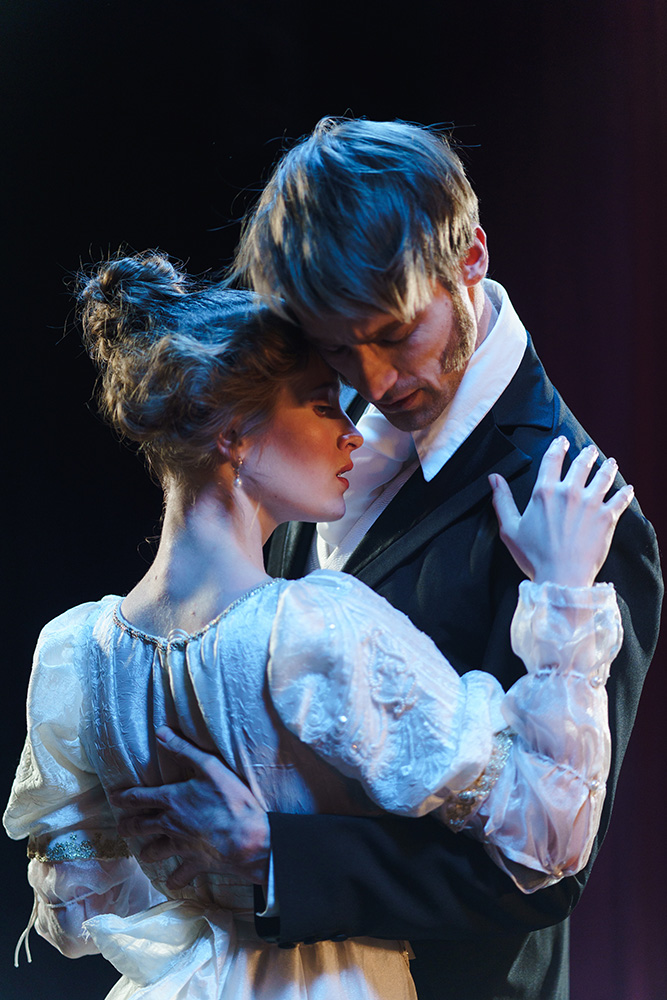
Preparation
You know what they say about a good start being half the battle, it was probably an actor who wrote that because if there’s one thing an actor needs, it’s to be well-prepared for the audition. This means studying the script, researching the character, and rehearsing the scene or monologue beforehand. Your research could involve watching old versions of the production (if available) or reading the novel if it’s a screen adaptation of a book. But regardless of your research, you need to know those lines inside out and be able to recite them in a variety or emotions. It’s not uncommon for a casting director to test an actor’s skills by asking them to perform a few lines using an emotion that is completely out of tune with the scene.
Flexibility
Actors need to be flexible and adaptable. Remember what we just said about acting out a scene in an unusual way? Well, that’s the kind of thing that can happen at the drop of a hat if the director decides to change tack mid-scene. In the audition itself, you may be asked to improvise and add something of your own to the scene. Or, on the other hand, if the script is top secret like Star Wars usually is, then you may be asked to perform a few lines from a classic in a certain way. This is what happened to Eddie Redmayne when he auditioned for Kylo Ren and was asked to perform a scene from Pride and Prejudice as a ‘baddie’.
Persistence
Acting can be a competitive and challenging industry. No scratch that — acting is a competitive and challenging industry, and actors need to be persistent if they want to succeed. This is because there are scores if not hundreds of hopeful actors going for the same role as you. So regardless of your lack of success in the audition room, you need to keep plugging away and working on those skills. Keep doing that and your time will come.
Memory
We almost forgot one of the most important skills and that is a great memory. You’ll need to memorise those lines if you have been given any to prepare and will no doubt have to perform your own monologue at some point. Safe to say, your memory skills will certainly need to be on point. If this is something that you struggle with, then you really need to get on top of that as soon as possible because if you land that role, acting with a script in hand is not going to happen.
There’s also the added bonus that good memory skills will certainly be something that a casting director is looking for especially if you’re in the second or third round of auditions and have been given lines to prepare. So do yourself a favour and try some memory techniques to get yourself in the right mindset.
What are the different types of auditions?
If you’ve been in the industry for any period of time, then you’ll know that auditions come in many shapes and sizes and even when they’re supposed to be the same, very few rarely are. Below we’ve listed the most common types of auditions with a little explanation as to what’s involved and when a production company or casting director might use each type.
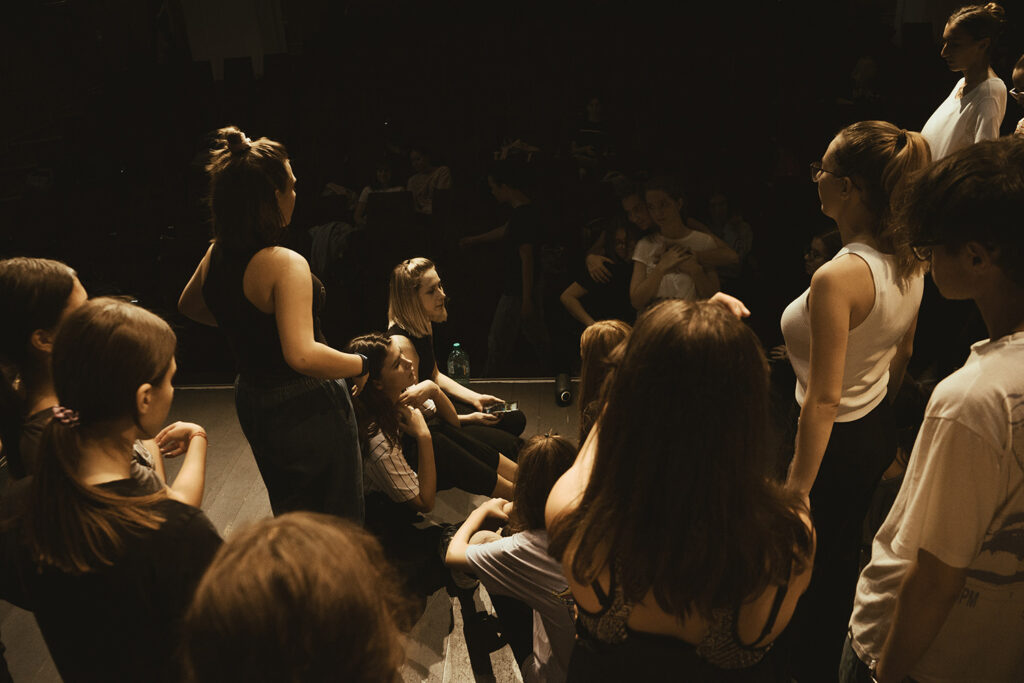
Open casting audition
This type of casting is when a public notice is placed online, in a newspaper, or advertised on the radio or TV. These usually take place in a large meeting place such as a convention centre or a hotel reception room. An open casting audition can be for anything from extras in a production to a lead role. However, open castings for lead roles are usually only used when the casting director is having a tough time finding suitable talent. Generally speaking, more high profile roles are cast through private auditions.
Open casting auditions are most commonly used when a casting director wants to see as many people as they can in as short a time as possible. If attending one, you can expect to join scores if not hundreds of other actors waiting in line to audition. You will not have a set time for your audition as it’s usually first come, first seen.
You will need to bring along a resume including your headshot and you may be asked to do a cold reading of a script (we’ll talk more about this later) or perform a monologue (this too!) Just to note that due to the nature of open casting auditions, you may have to perform your monologue or cold reading in front of quite a few people and possibly even some other actors who are also auditioning.

Closed audition
This is an audition where the casting director has only requested that actors from a specific agency, union, drama school, or theatre group attend the audition. There are no public notices posted about the audition and if you don’t belong to the group in question, you cannot audition for the role.
These types of auditions can be quite helpful for a casting director particularly if they already have a good idea of the talent that is available within the group or if the group is well known for a particular reason. This could be the fact that all the actors in the group are good singers or have dancing skills — useful when casting for a musical.
Closed auditions are a little more relaxed and less hurried than open casting auditions as quite often the casting director will already have a good relationship with the leader of the group, the school, or the agency that the actors are signed to.
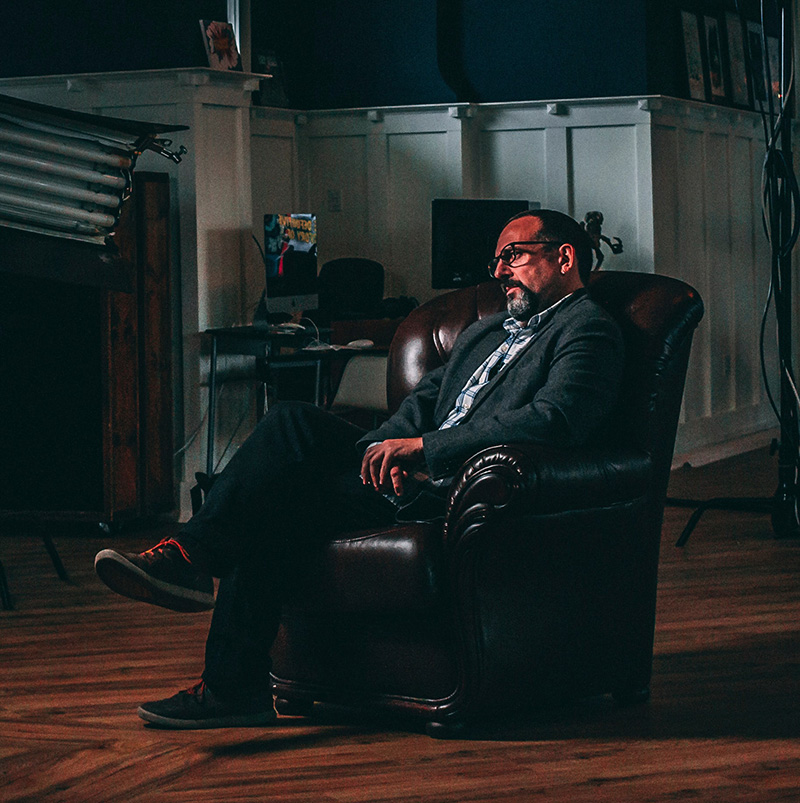
Private audition
This is the type of audition that you probably think of whenever you hear the word audition. It’s when a casting director invites specific actors to audition for a role usually based on their agent’s recommendation or that of another casting director.
For a private audition, an actor will have a set time and perhaps some instructions to help them prepare for the audition. This could be anything from a few lines to learn or what clothes to wear. The audition will take place in a room with just the actor and the casting director and their team.
Although it may sound a little more intimidating, private auditions are actually often much less stressful for all involved as everything is set to a schedule. It also helps that the waiting room isn’t packed with dozens of people as there would be at an open casting audition.

Online audition
The online audition became hugely popular during the pandemic for obvious reasons. Once casting directors embraced the technology and realised just how convenient and time saving they are, online auditions really kicked off. Now, it is very common to see casting briefs calling for an initial online audition for a role before the casting director makes their shortlist of suitable candidates.
The online audition is typically held through Zoom but can be via a Skype call or any other type of video conferencing/calling software the casting director prefers. And just like a private audition, the actor will have a set time for their audition and perhaps a few instructions on how to prepare.
While online auditions are incredibly convenient, it’s super important that you make sure that you have a stable, high speed internet connection and that your camera is up to the task. It’s also vital that you have a quiet space for the audition where you have either plenty of natural light or you can set up a ring light. The last thing you want is for the audition to tank because the casting director had difficulty seeing or hearing you properly.
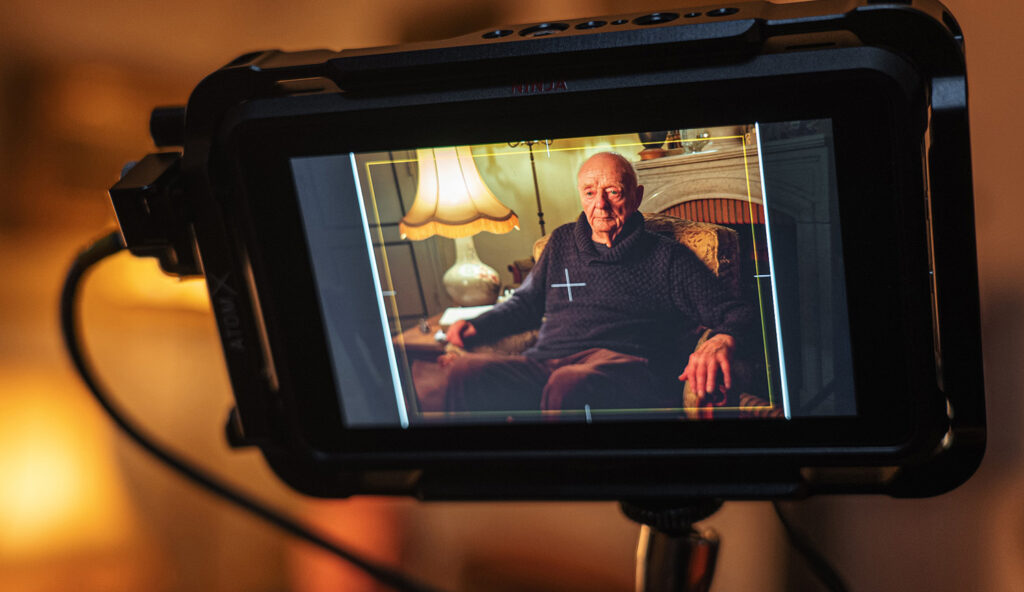
Self tape audition
Self tape auditions are growing in popularity just as online auditions are, but you may be surprised to learn that they have actually been around for a very long time. But before we get ahead of ourselves, let’s explain what it is. A self tape audition is when the casting director asks you to record yourself performing a scene or your own monologue and then send it to them for review.
This type of audition is used as a time saver that allows a casting director to view the recordings at a time of their choosing and is most commonly used for a first round of auditions. As we said earlier, this type of audition has been around for a very long time and actors and there was a time when actors would send their VHS tapes to the casting director by courier! Yep, that long ago. These days though, it’s all dropbox or emails.
The great thing about this type of audition is that you can record your audition as many times as you like before sending off the version that you are happiest with. No casting director watching you and no need to leave the house or deal with nerves. It’s pretty much perfect, BUT unless it’s for a smaller role, you will almost certainly have to attend an in-person audition for the second round.
How to prepare for your first audition?
So you’ve landed your first ever audition! A momentous occasion that is certainly a cause for celebration. But hang on a second before you get too excited; you still need to actually impress, right? Well, we hate to add to those butterflies that are no doubt going haywire in your stomach right about now, but there are a few things that you simply must get sorted before your audition so that you give yourself the best possible chance of success
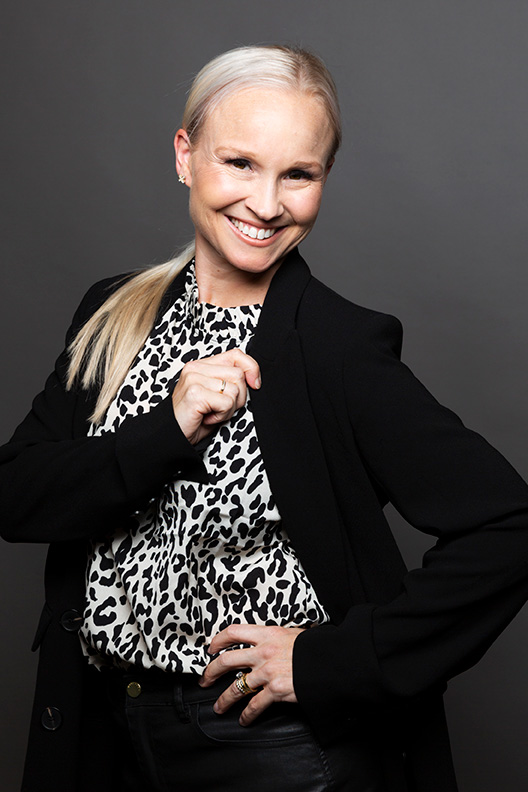
Temper those expectations
Reality check time! There is always a chance that you will nail that first audition and land the role, but that’s not likely for a first timer. The truth is that very few actors book work on their first audition and that’s perfectly okay. So with this in mind, you need to temper those expectations and don’t get ahead of yourself. What we recommend is treating your first audition like it’s part of the learning process which it is. This way you’ll be more relaxed knowing that it’s not necessarily about getting the part but about gaining experience in the audition room.
Do your homework
And by that we mean do ALL the homework. That means researching the role or production if you have any details, learning your lines, and working on your physical movements and facial expressions. Yes, these are just as important as your lines because acting on screen or stage is also visual.
The best prep you can do is with a friend who is also an actor or a family member who just wants to help. They can read with you or role play the part of the casting director. However, we would just warn you about taking someone’s feedback too seriously. In some cases, a friend may suggest something that feels wrong to you such as changing your intonation. If that’s the case, then we always suggest going with your gut feeling. After all, it’s you that will play the part in the audition.
Practise out loud
Reading to yourself and memorising your lines or monologue is fine when you’re on the bus or train, but when you’re at home or wherever you rehearse, you’ll want to always read your lines or recite your monologue out loud. You want to get a good feel for how the words sound and how they feel as you say them. This is particularly useful for any scene or lines that involve a lot of emotion as it will give you a chance to experiment with intonation and delivery. Who knows, you may even discover a great approach to a scene purely by accident.
Make a home movie
Yep, if you’re not already doing this then now is the time to start. Every aspiring actor should spend some of their rehearsal time reviewing their own performances and checking to see where they can improve. And this is just as true when prepping for an audition as when getting ready for a paid role. Set up a camera, act out your scene, see where you can improve and do it again. Even if you don’t have any lines or scenes to prep for the audition, then you can do this with your monologue because there’s a good chance you may be asked to perform it in the audition room.
Check your breathing
Still breathing? Phew, that was a close one 🙂 Seriously though, your breathing can have a huge impact on how you deliver your lines and every actor worth their salt has a couple of breathing techniques up their sleeves that they do when prepping to act. For example, the ‘Hum Ha’ technique is a good one. This involves breathing in and when exhaling either humming slowly or exhaling sharply while saying the word Ha. It’s so very simple, but it’s one of the most effective ways to calm your nerves and help with your delivery. Oh, it’s also one of our favourite acting techniques to practise at home.
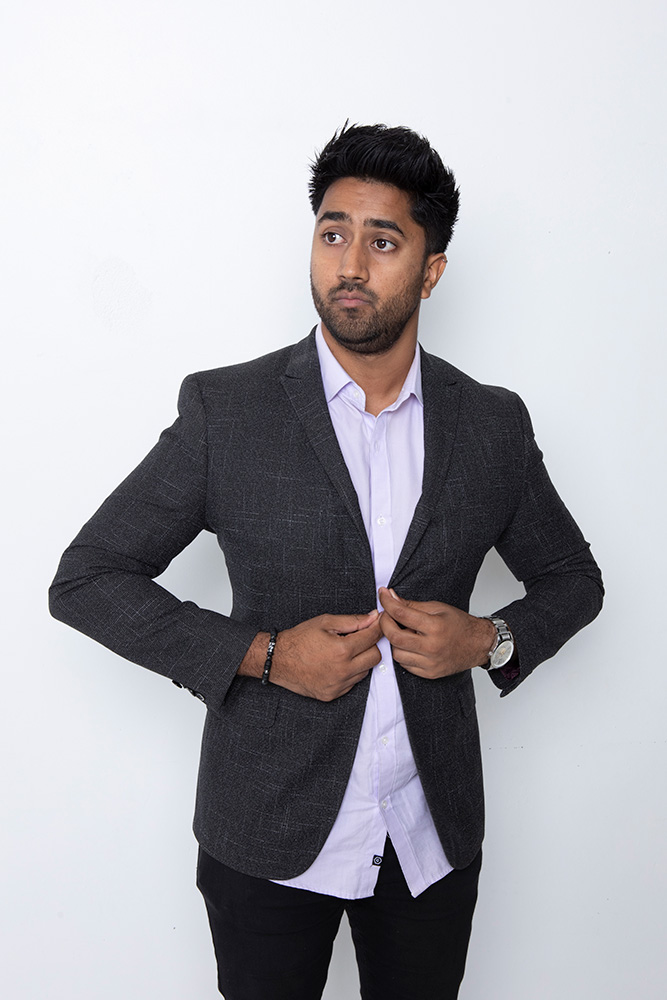
Ask your agent for help
Your agent is there to help you in your career and your first audition is certainly something that you will need help with. Now, we’re not saying that your agent will turn into the world’s best acting coach overnight. In fact, the acting aspect of your audition is really down to you. However, you’re bound to have a million questions about the process or perhaps even the casting director that you’re auditioning for that your agent will be only too happy to answer. They’ll also be able to tell you what kind of preparation you may need for the audition such as hair and makeup or what clothing you need to wear.
Make a plan
A few days before the audition you’ll want to make a plan. This should include what time you wake up, how long you need to prepare, when you should leave, how long it takes to get to the audition, and what mode of transport you can take. Being prepared in this way means that you can focus more on the actual audition and not about parking or late trains. Oh, and always have a backup plan to fall back on if you can. Odds are that the day of the audition is the exact day that your car battery decides to die.
Dealing with nerves
You may be the type of person that ordinarily is as cool as the proverbial cucumber, but let’s face it, when it comes to auditions, we all suffer from stage fright. But we’re not going to tell you that this is something ‘you have to deal with or it will affect your chances’ — no way. Nerves are totally natural and if anything you should go ahead and embrace them. It just shows that you are normal and that you are also taking your audition seriously which is a very good thing indeed.
Yet no matter how much we tell ourselves this, nerves can still have an impact on our performance, so what else can we do to mitigate these jitters?
Well, for a start you can make sure that you are well prepared. Nothing banishes nerves quite like knowing your lines inside out. You can also go through your breathing techniques which will regulate your heart rate and help to calm you down.
It also helps to remind yourself that every actor goes through the same process and that the casting director will be expecting a little nervousness from everyone auditioning. And yes, this happens to famous actors too. Helen Mirren, Alan Rickman, and Ewan McGregor all suffer from nerves.
What to bring to an audition?
Aside from yourself, there are a few things that we recommend bringing along to an audition.
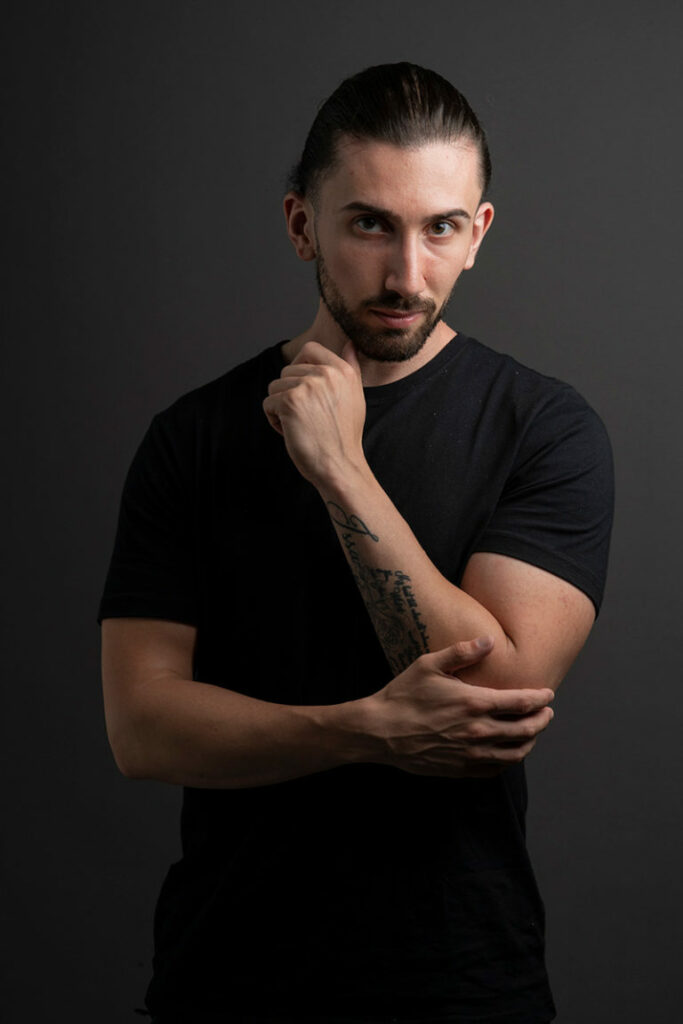
A headshot and resume
These are essential for any acting audition. A headshot is a professional photograph of yourself, which should be a recent, high-quality image that accurately represents what you actually look like. Meanwhile, a resume is a brief summary of your acting training, experience, skills, and other relevant information. This includes contact information for your agency and some personal details such as clothing sizes, height, and weight.
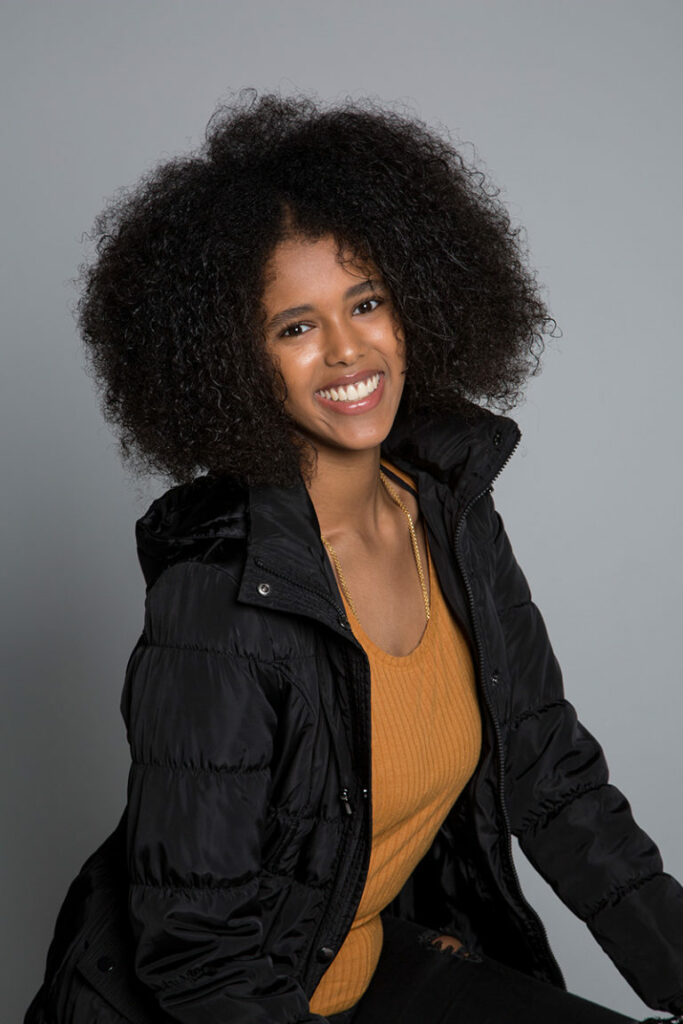 A copy of the script or sides
A copy of the script or sides
Sides are the pages of the script that you will be auditioning with. If you have been given sides prior to the audition, it’s important to bring a copy with you so you can run over them in the waiting room and so that you’re not asking for a copy when you enter the audition room. Ideally, you won’t need to use them when auditioning, but it’s good to have them in your hand in case you need to refer to them at any point.
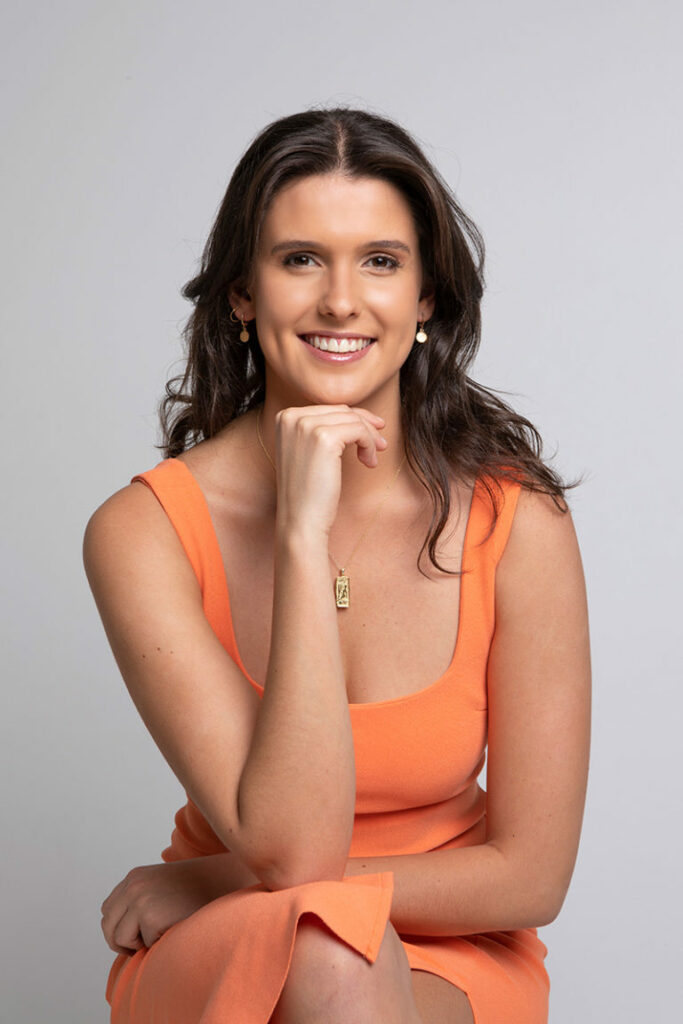 Water and snacks
Water and snacks
It’s amazing how easy it is to forget about your own care when getting ready for an audition. Remember, that if things drag on, then you may be there much longer than planned and you’ll need to stay hydrated and energised. So bring along some water and some light snacks that won’t make a mess or leave you with sticky fingers.
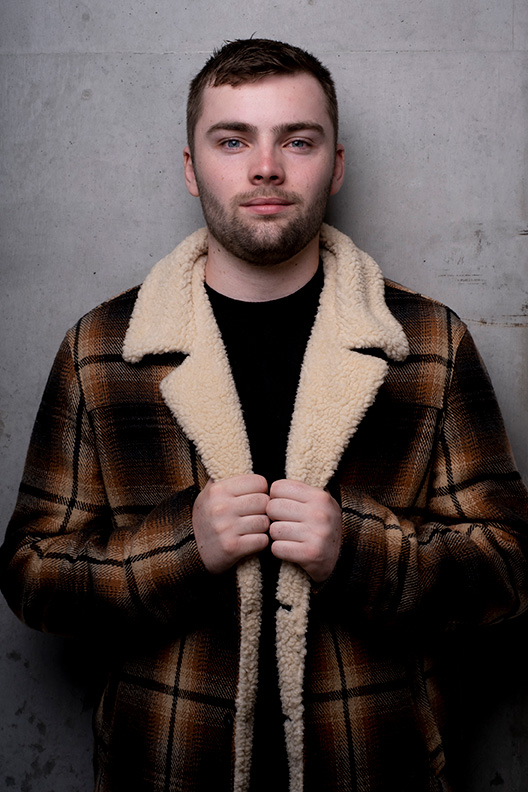 The right clothing and accessories
The right clothing and accessories
If you know about the role you are auditioning for then you should wear clothing and accessories that are appropriate for the character. You don’t want to go full-on cosplay, but something that hints at the role might be a good idea. For example, if you’re auditioning for a role as a business person, then a shirt might be a good idea as it can help the casting director visualise you in that role. Just remember though that less is more and when in doubt, just wear plain unbranded clothing with no patterns.
What happens at an audition?
Auditions are usually pretty straightforward in that they often follow the same steps.
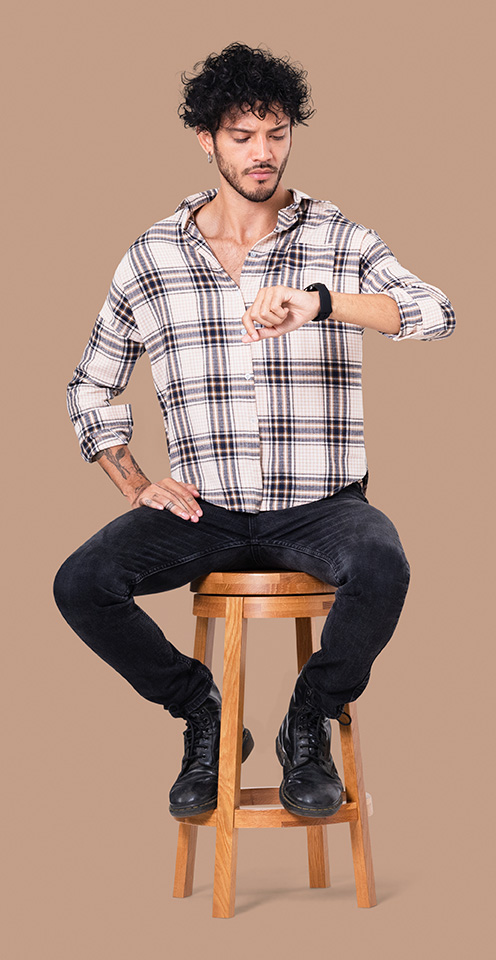
Waiting
You arrive at the audition location and in most cases a member of the casting director’s staff will greet you and check you in. You’ll be then directed to a waiting room or area where you can prepare yourself by running over your sides or going through your monologue one last time. Remember that from the moment you walk in the door to the building, the audition is underway. What we mean by this is that the staff all work for the casting director and if you’re rude or give off an air of arrogance, it most certainly will be noted regardless of how polite you may be in the audition room. So, as always, be nice to everyone.
Auditioning
When you are called, you will be brought into the audition room. There could be just the casting director in there or any number of their team members. There may even be other actors in there if the audition calls for a reader to help with the scene.
You’ll walk in, go to your mark in front of the casting director and say hello, followed by your name and your agency’s name. The casting director may ask for your headshot/resume or someone may have already taken it from you. You will then be given instructions as to what to do. This could be to perform your monologue or act out the scene.
There may even be a cold reading which is when you will need to read lines from a script that you have had no time to prepare for. This could be a well-known script or something from the production. This is why we mentioned earlier about how being flexible is a great skill to have in auditions.
Once you have completed your lines, you’ll be told that you can leave. In some cases, the casting director may ask a few questions either before or after the audition. Either way, once you’re told that you are finished, it’s time to leave the room. Remember to say thanks before leaving — a little politeness goes a long way and like we said earlier, it’s always nice to be nice.
Finished
The audition is over and you can hit some high fives around the waiting room and tell everyone about what happened… eh… nope. That’s the exact opposite of what you want to do. Just gather up your stuff, make sure you’re not needed for anything, and head for the exit. You need to remember that others are in the waiting room dealing with their own nerves and the last thing they want to hear is you talking about your audition.
What happens after the audition
This is the period that we like to call ‘the waiting game’. Actually, everyone in the business calls it that because that’s precisely what it is.
For the most part, casting directors will only get back to the agent of a talent that they are interested in seeing again or who they want to cast. They will not get back to you if you’re unsuccessful and they don’t give feedback in any way whatsoever. If they did, it would be amazing, but they simply don’t have the time.
What this means is that there is absolutely no point in badgering your agent about the audition asking if they’ve heard anything yet. Trust us, the second they hear any good news you will be the first to know. For this reason, it’s better if you can somehow put the entire audition out of your mind — easier said than done, we know — and start focusing on your next audition. If you hear anything positive it’s a bonus and if not, you’re too busy working on your next audition to even worry about it. This is a great way to deal with rejection and helps you to think of every audition as simply part of your job regardless of the fact that you’re not paid unless you’re successful.
Generally speaking, if there is a production start date mentioned during the casting brief and you have yet to hear anything by that date, you can assume that the role has gone to someone else.
Callback
An audition callback is a second round of auditions that is held after the initial audition. This typically takes place when the casting director or other decision-makers want to see the actors again before making a final decision about who to cast in the role.
During an audition callback, you may be asked to perform the same scene or monologue you performed in the initial audition, or you may be asked to perform something a little different or try a different approach to the character. The callback is an opportunity for the casting director to get a better sense of your abilities and how they might fit into the production.
If you are called back for an audition, it’s a very good sign that you are being considered for the role. However, it’s not a guarantee that you will be cast, as there are usually several other actors who are also being considered. That said, every callback should be treated as a win because you were obviously doing the right things in the audition and impressed the casting director. Decisions made for casting at this point might be incredibly tight so seriously, treat a callback as an incredible achievement.
An actor’s tips for audition success
Who better to advise you on the best way to achieve audition success than people who have been there and done that. With this in mind, the team at Hunter Talent asked some of our most successful actors what advice they would give to aspiring actors just starting out in the industry. Here’s what they had to say.
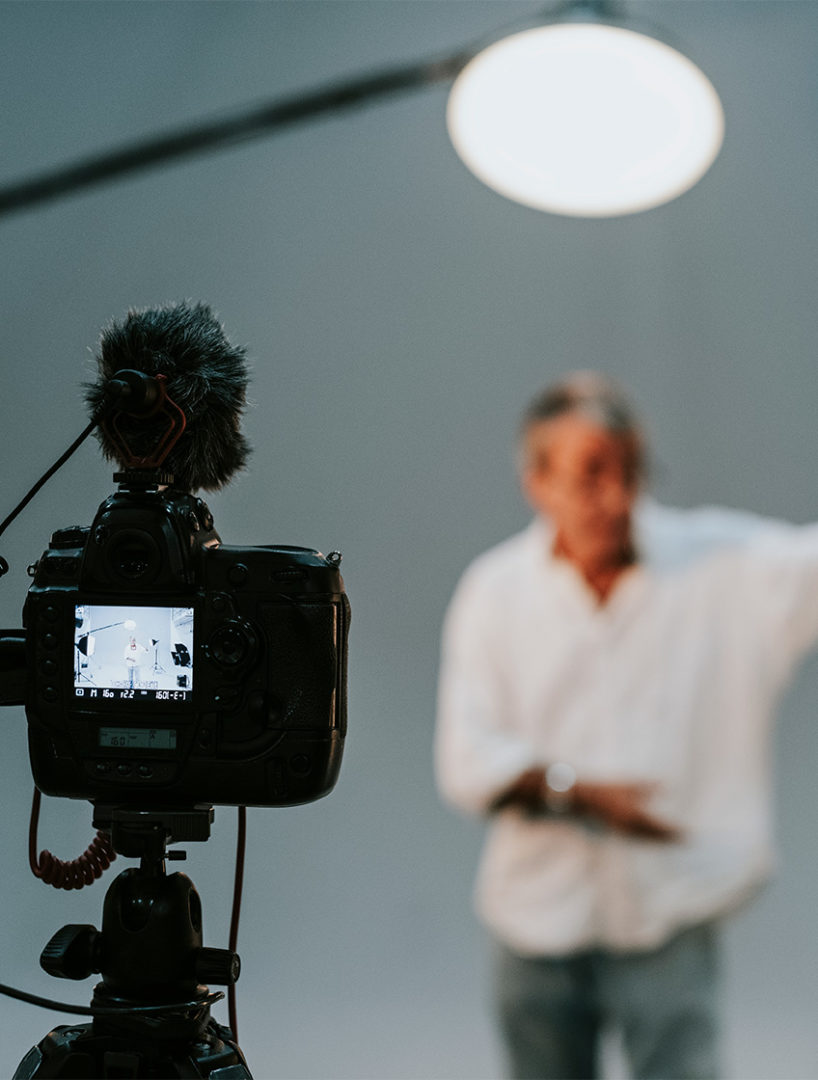
Keep practising
Here we go again with the practising advice. Practice really does make perfect and this is especially important for auditions but not in the way that you think. While it’s true that you must continue to improve your acting skills at all times, it’s also true that you can improve your auditioning skills by, yes you guessed it, doing more auditions! So if a role comes up and you have the chance to audition for it, take that opportunity even if you’re convinced that you’re not really in the running. It’s all experience and will help you improve plus you never know what might happen.
Ignore the competition
Regardless of how talented you are, once you get into that audition waiting room, your nerves will make you feel like an imposter. But you need to learn to drown out the noise and ignore the competition. Focus only on yourself because while all those other actors may look confident in the waiting room, they could be just as nervous as you once they get in front of the casting director.
Create an audition routine
It’s a great idea to always have a routine for an audition and it doesn’t have to be just for the waiting room. Your routine can start as soon as you hear you’re up for a role. This can include your preparation, your research, your rehearsal time, your breathing techniques and even how you travel and what you bring to the audition. You can even create a playlist for the day ahead. All of this is creating a familiar routine that will have you feeling more comfortable and relaxed with each audition.
How to get more auditions
Work with the right agency
Now, you may think that this is where we shamelessly plug Hunter Talent, but you’d be wrong in thinking that. The truth is that every agency is different and while we reckon that we’re as good as they come, we might not be the ideal fit for you. So it’s always a good idea to do a little homework and see what kind of options you have.
The right agency is one that won’t necessarily put you forward for all the auditions that they can but that will instead look for the most suitable ones and put your forward for those. Yes, we did tell you to go for everything you can, but there is such a thing as too many auditions!
The approach that we take is to only recommend actors that we feel will suit the role and that have a genuine chance of progressing through the casting process. We feel that this is by far the better approach and one that you should certainly be on the lookout for when considering your agency options.
Just beware of the agencies that promise to have you booking work or that they will get you x number of auditions in a month. These claims are patently false as there are no guarantees in the entertainment industry. Not even casting directors can make guarantees of this nature and back them up as it’s really all down to your suitability and skills. Any agency that makes these kinds of claims is not one that you want to sign with as they are only interested in numbers and not your career success.
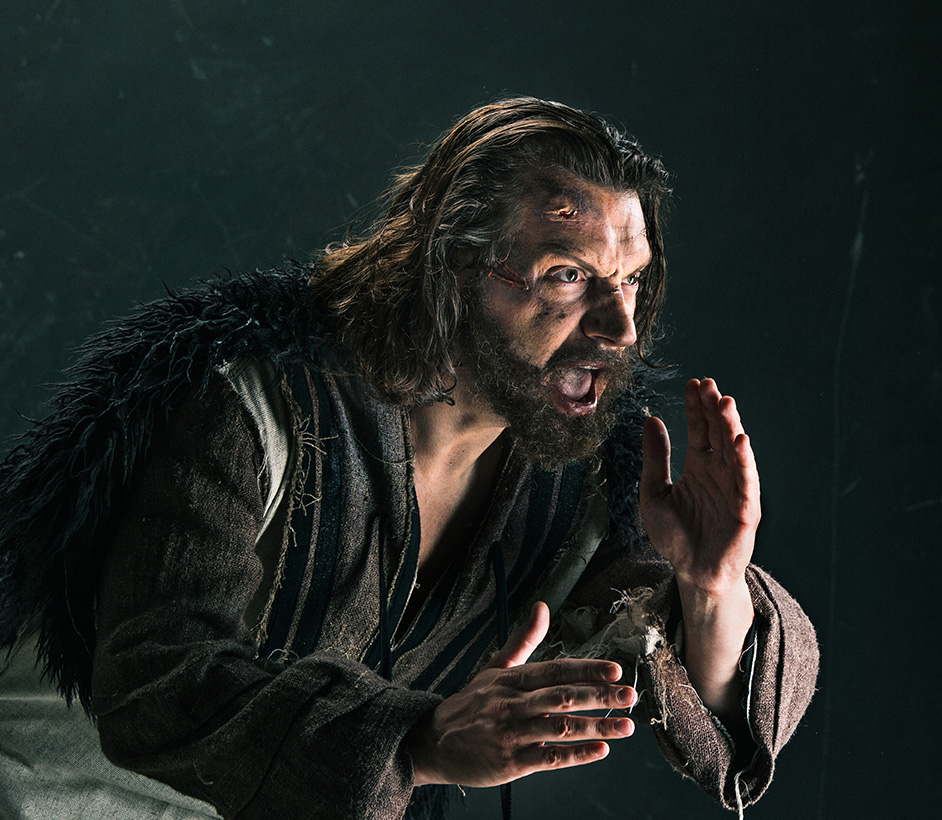
Build your skills
Your skills are one aspect of your resume that could set you apart from the competition so it’s a good idea to keep working on them at all times. This could mean taking online courses or attending seminars or workshops. All of this can and should be added to your resume and your casting portal profiles so that a casting director can see them. Likewise, you should include your other skills and pastimes. You never know when a production might call for an actor who is a keen horse rider or one who can play the cello. All of these things may seem inconsequential for the majority of roles, but as we said, these are differentiators that could see you stand out in a crowded space.
But, we cannot stress this enough, do not lie about or exaggerate your skills. If you say you can speak Mandarin fluently, then you really should be able to speak it fluently.
Take care of your health
Burning the candle at both ends does no one any good at all. We understand that working a regular job, improving your skills, and auditioning can take up a serious amount of time. But the thing is that if you are not sleeping properly or getting enough time to relax, then your performances in auditions will be impacted negatively. And this isn’t good for you, the agency, or the casting directors. This will ultimately result in fewer opportunities for you later down the line.
So make sure that you have plenty of down time to do things that make you happy, get enough sleep, and eat properly.
Join Us
If you have any questions or would like to know more about auditioning or even becoming an actor, feel free to give us a shout here at Hunter Talent. We’d be more than happy to have a chat with you to see if we’re a good fit for each other. Even if you opt to sign with another agency, we genuinely hope that the advice in this guide helps you along your way.
Want to break into the world of modelling and acting?
Our agency is dedicated to helping aspiring models and actors achieve their dreams. We have a team of experienced industry professionals who will guide you every step of the way, from helping you create a portfolio to finding the right auditions and casting opportunities. With us, you’ll have access to a wide network of industry contacts, and we’ll provide the support and guidance you need to succeed. Don’t miss this opportunity to kickstart your career.
